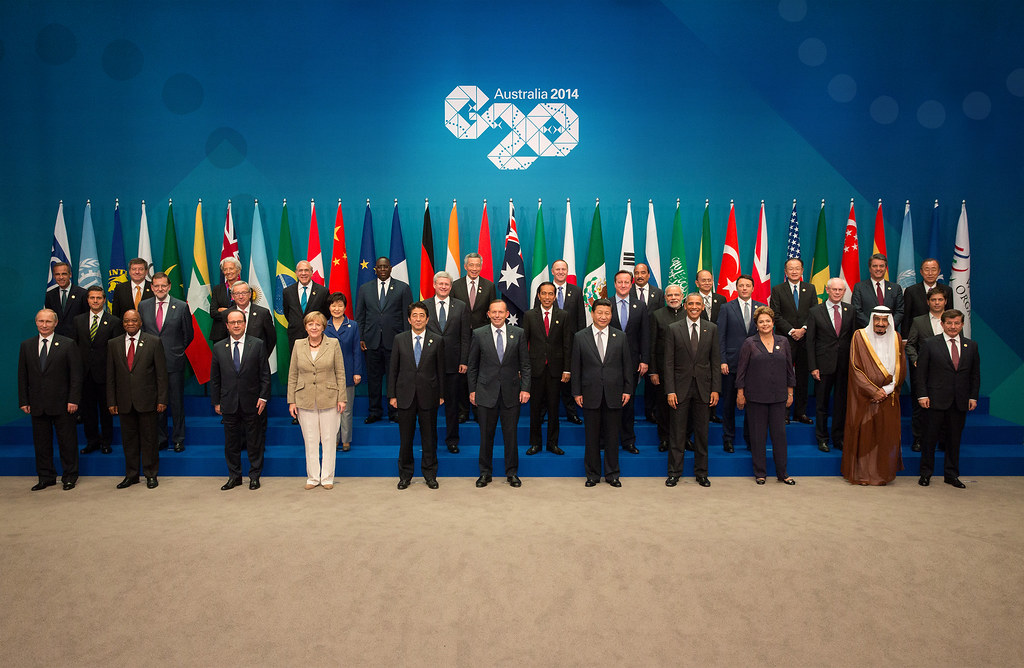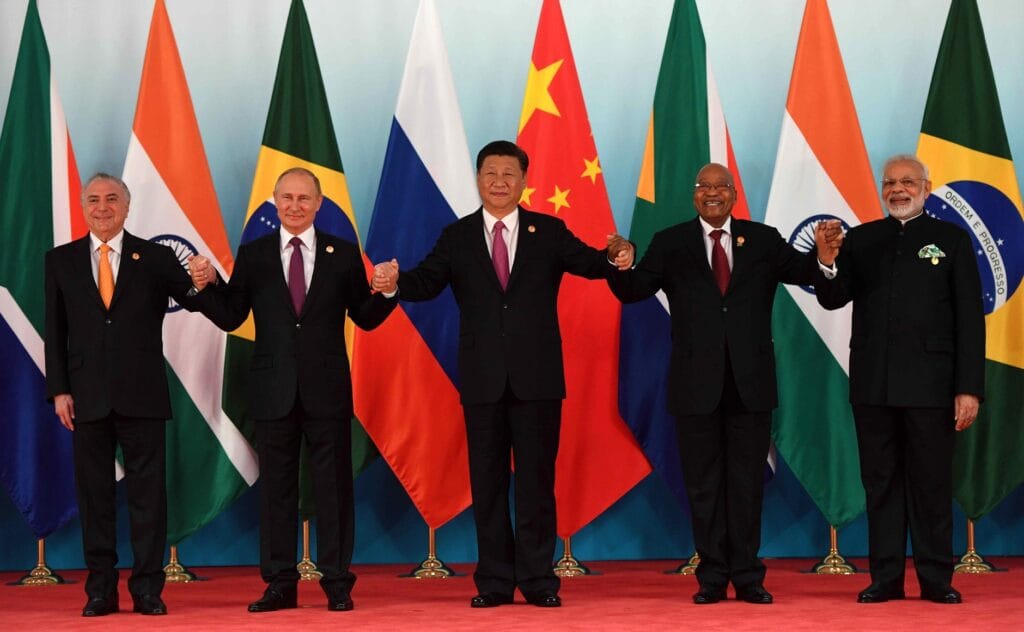The Group of Twenty, commonly referred to as the G20, is a prominent international forum that brings together the world’s major economies to address pressing global challenges. Comprised of 19 countries and the European Union, the G20 was established in 1999 in response to financial crises, aiming to foster dialogue and cooperation on economic and financial matters. Over time, its agenda has expanded to encompass broader issues including global governance, sustainable development, and international security.
The G20 member nations represent a diverse array of economies, including both developed and developing countries, collectively accounting for a significant portion of the world’s GDP, trade, and population. The forum’s primary objective is to promote policy coordination and cooperation among its members to achieve sustainable and inclusive economic growth, enhance financial stability, and address critical global challenges.

One of the key strengths of the G20 lies in its inclusivity and its ability to convene leaders from different regions and economic systems. This platform allows for open discussions, exchange of ideas, and collaboration on a wide range of issues affecting the global economy and society at large.
The G20 summits, held annually, serve as crucial gatherings where leaders, finance ministers, central bank governors, and other high-level officials convene to deliberate on significant economic and geopolitical matters. These meetings facilitate dialogue on topics such as trade and investment, financial regulation, climate change, healthcare, innovation, and more.
During times of crisis, such as the global financial crisis in 2008 or the COVID-19 pandemic, the G20 has played a vital role in coordinating responses and policy measures to stabilize financial markets, stimulate economic recovery, and ensure the resilience of global supply chains.
Also ReadWhat is BRICS ?
Moreover, the G20 has increasingly focused on sustainable development goals, acknowledging the importance of addressing environmental challenges, promoting inclusive growth, reducing inequality, and supporting initiatives related to climate change mitigation and adaptation.
However, the effectiveness of the G20 in implementing policies and achieving consensus can sometimes be challenged by differing national interests, geopolitical tensions, and diverse economic priorities among its members. Nonetheless, the forum remains an essential platform for fostering international cooperation, setting agendas for global economic governance, and responding collectively to global crises.
The G20’s influence extends beyond its member countries. It collaborates closely with international organizations like the International Monetary Fund (IMF), World Bank, United Nations, and others to align policies, share information, and leverage expertise in addressing global challenges.
- Global Economic Governance: The G20 plays a crucial role in shaping the global economic agenda. Its policies and recommendations can have far-reaching implications for international trade, investment, and financial regulations. By fostering consensus among major economies, it helps set guidelines that can influence the broader global economic landscape.
- Financial Regulation and Stability: Post the 2008 financial crisis, the G20 has been active in promoting financial reforms to enhance stability in the global financial system. Discussions on banking regulations, transparency, and risk management have been central to its efforts in preventing future financial crises.
- Trade and Protectionism: The G20 has historically emphasized the importance of open and fair trade. However, rising protectionist measures among some member nations have presented challenges to this goal. The forum remains a platform to address trade tensions, promote dialogue, and seek common ground to advance global trade.
- Climate Change and Sustainability: In recent years, the G20 has increasingly focused on climate change and sustainability. Though reaching consensus on environmental issues can be challenging, the forum facilitates discussions on reducing emissions, investing in renewable energy, and fostering sustainable development practices.
- Global Health and Pandemic Response: The COVID-19 pandemic highlighted the need for global cooperation in health emergencies. The G20 has played a role in coordinating responses, supporting vaccine distribution efforts, and discussing strategies to mitigate the socioeconomic impacts of such crises.
Despite its significance, the G20 faces criticisms regarding its effectiveness in translating discussions into tangible actions and binding agreements. The diversity of its member countries, each with its own priorities and interests, can sometimes hinder consensus-building and implementation of policies.
In conclusion, the G20 continues to be a crucial platform for fostering cooperation among major economies on a wide array of global issues. While challenges persist in achieving consensus and implementing policies, its role in shaping global economic governance, addressing pressing challenges, and promoting sustainable development remains indispensable in the contemporary world order. The G20 serves as a critical forum for major economies to collaborate, discuss, and coordinate policies on a wide range of global issues. Its continued efforts to address economic challenges, promote sustainable development, and enhance global cooperation are pivotal in navigating the complexities of today’s interconnected world.







